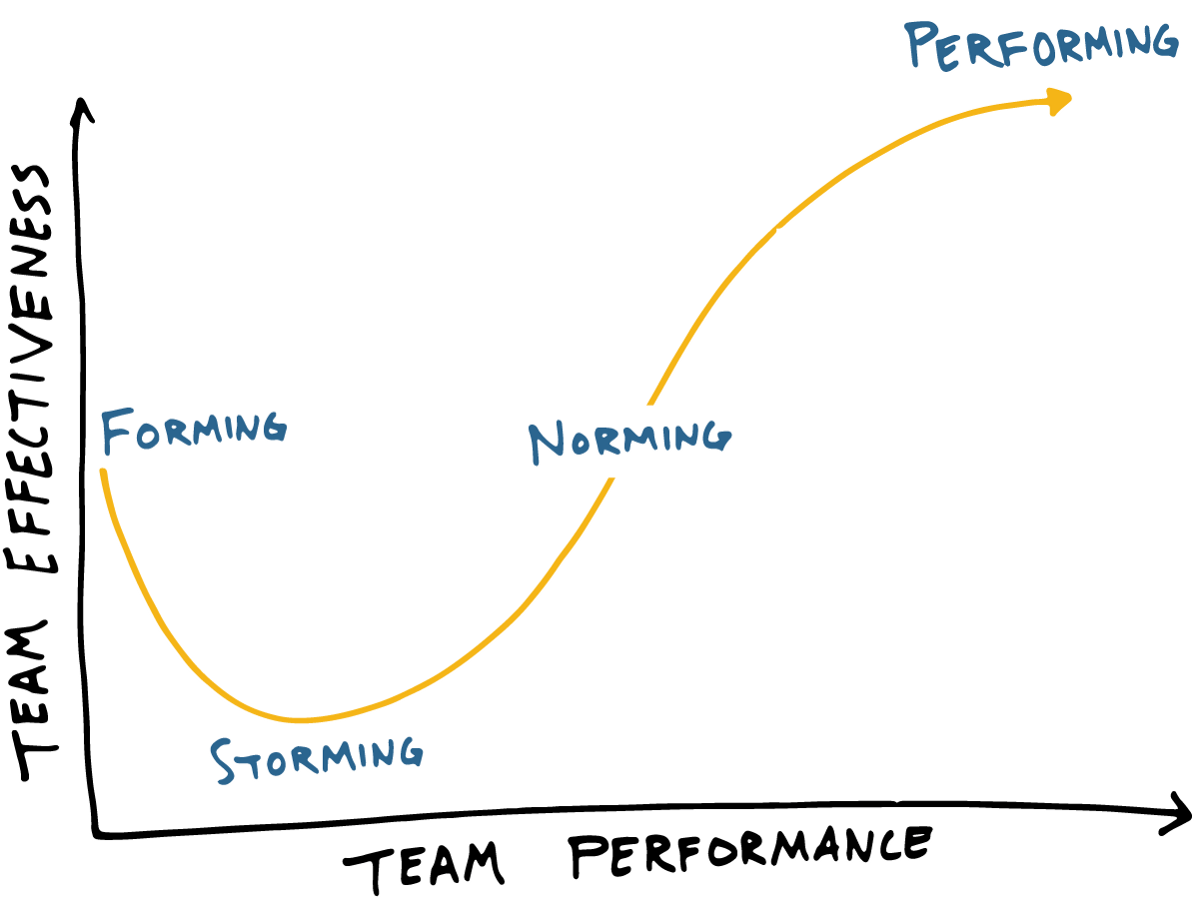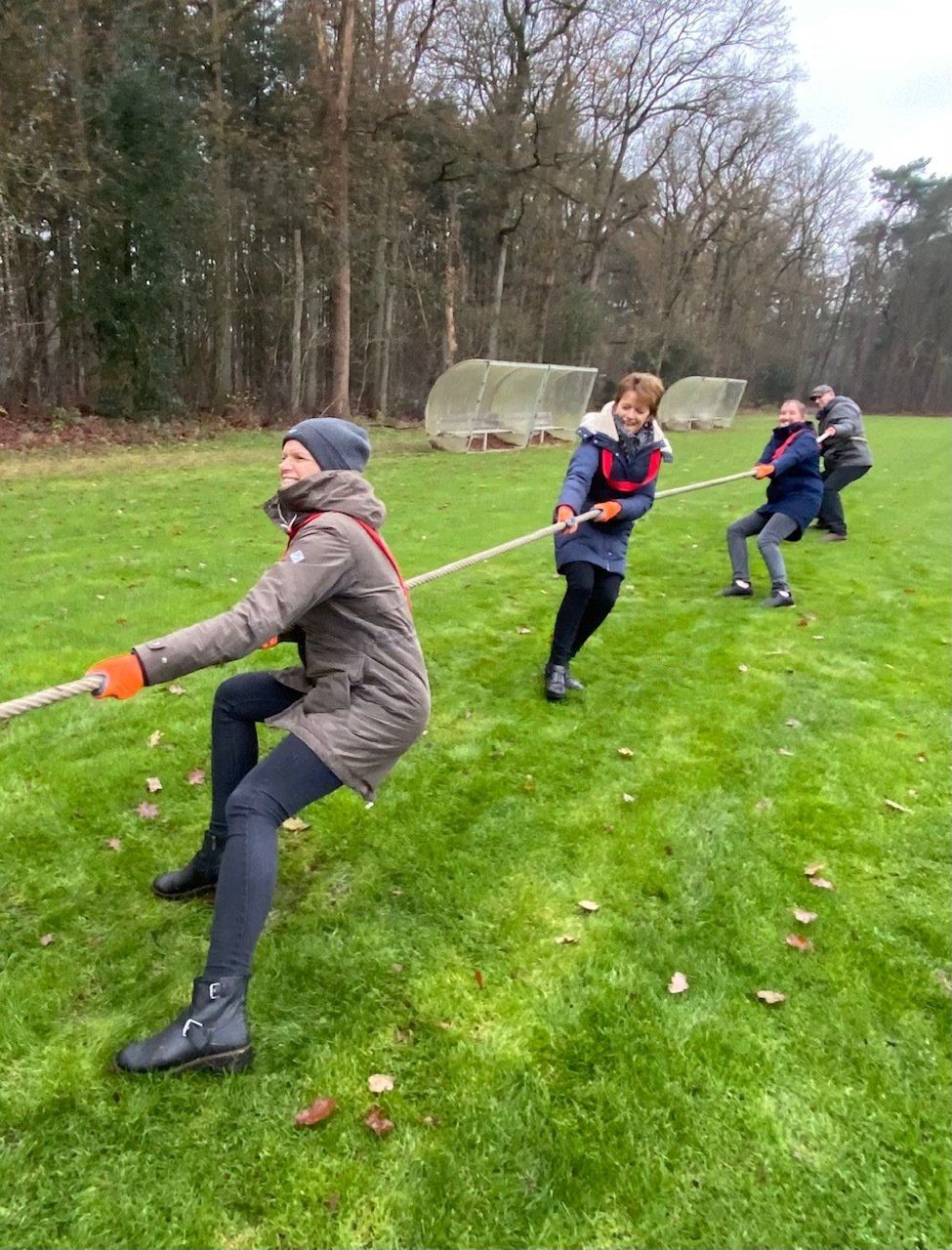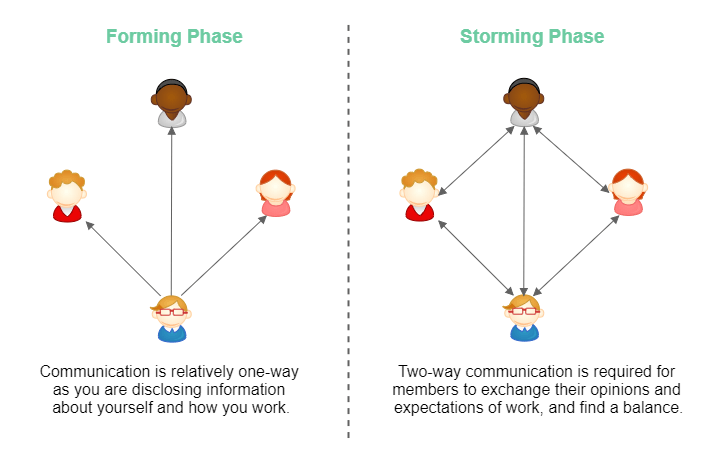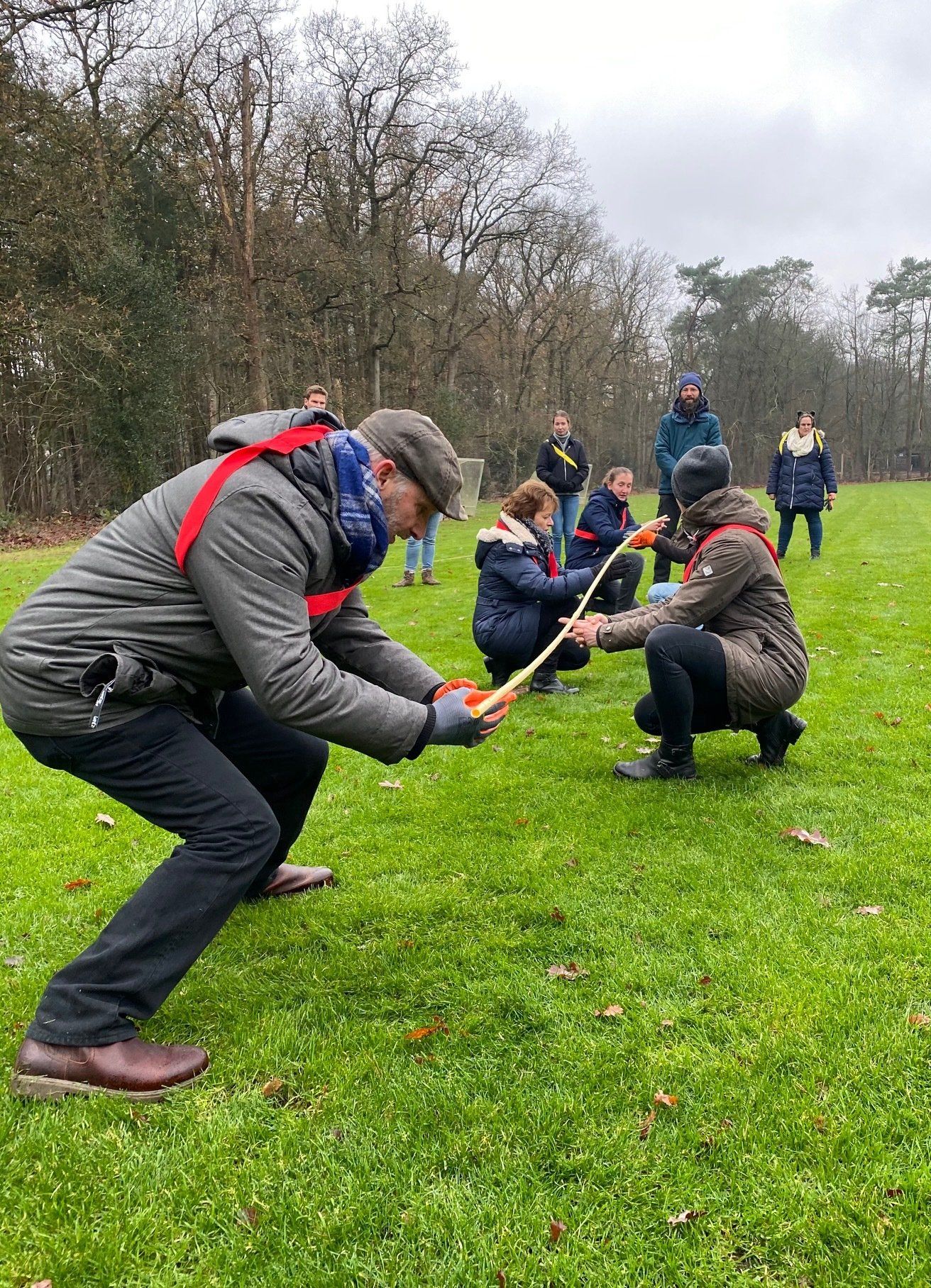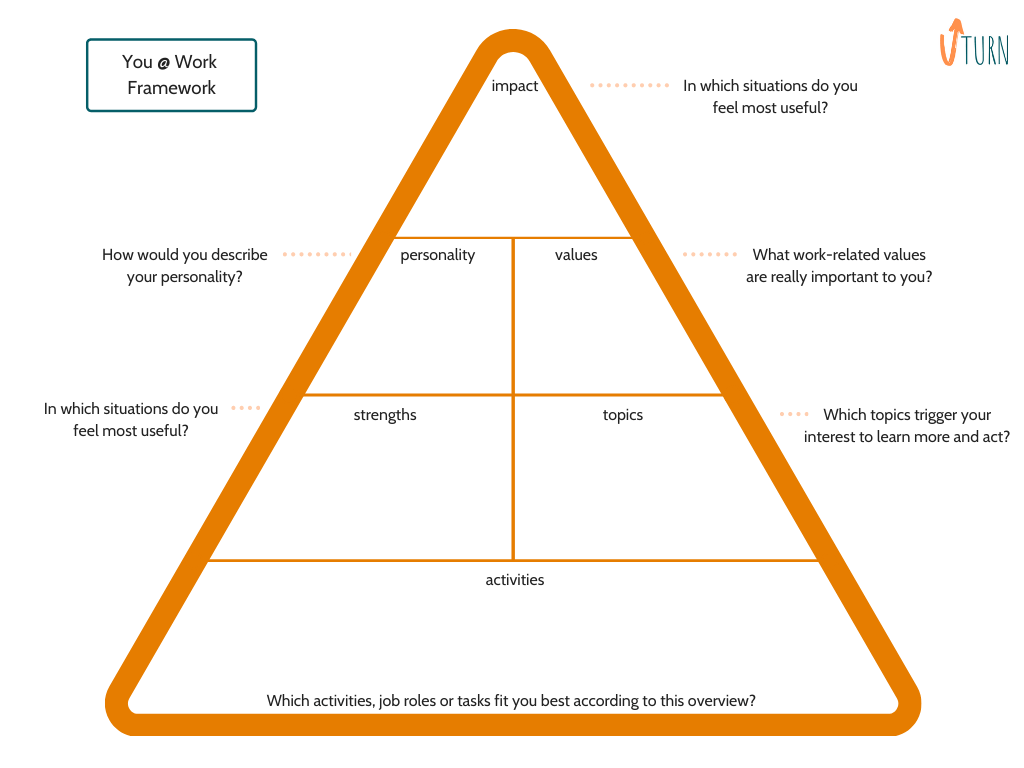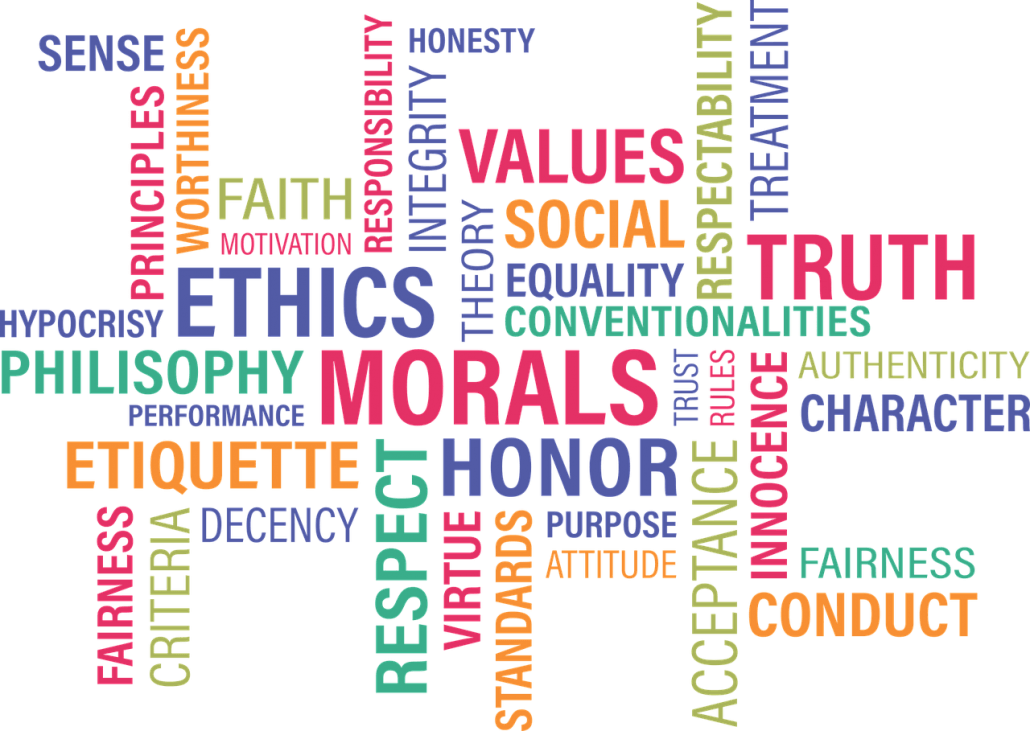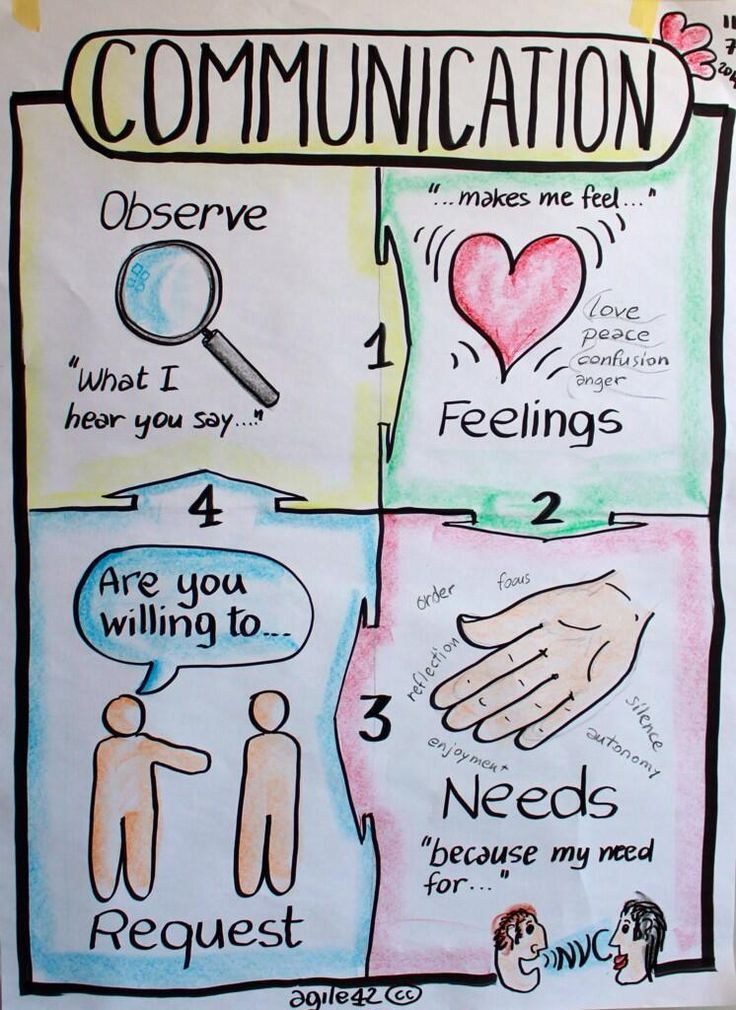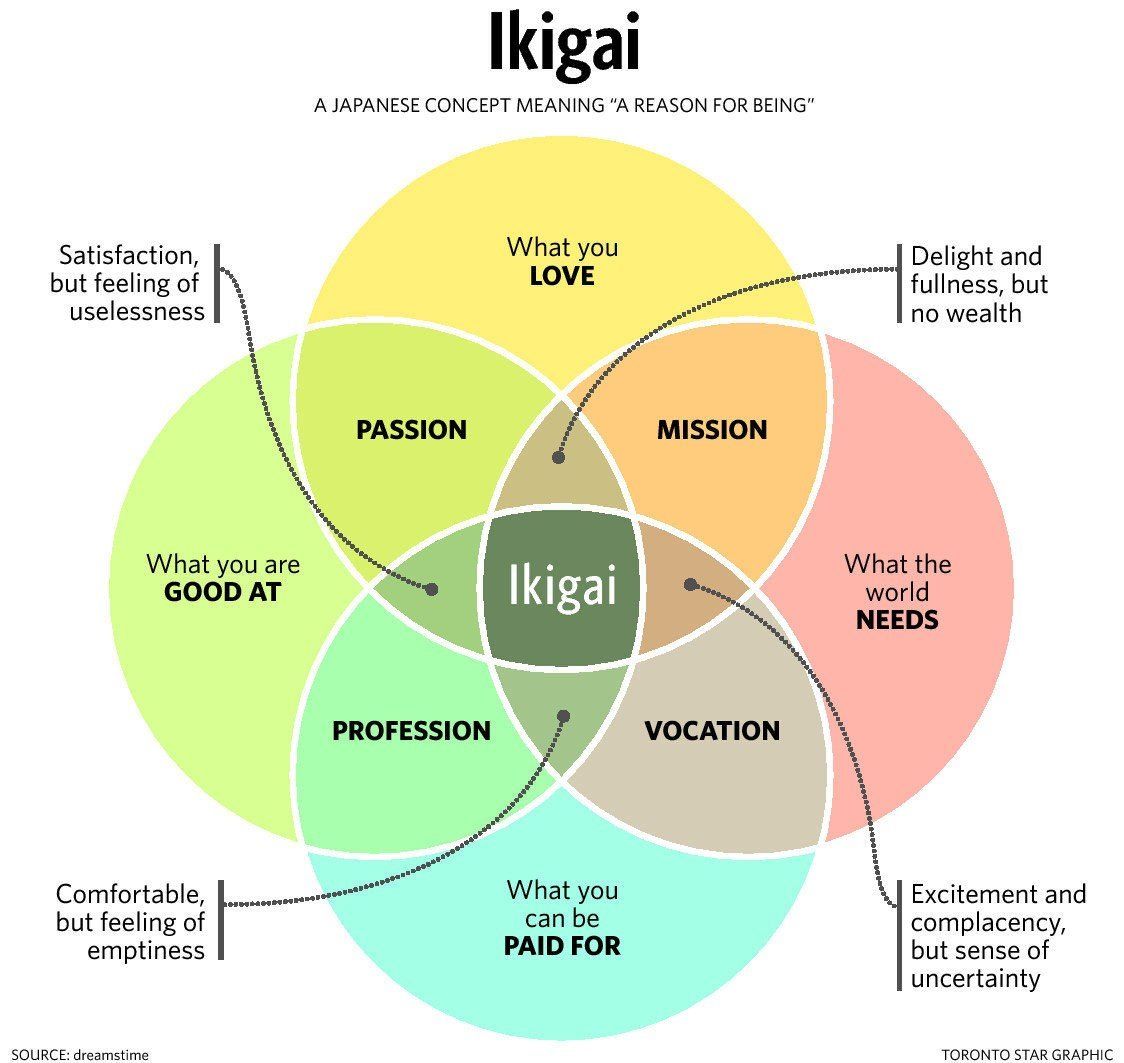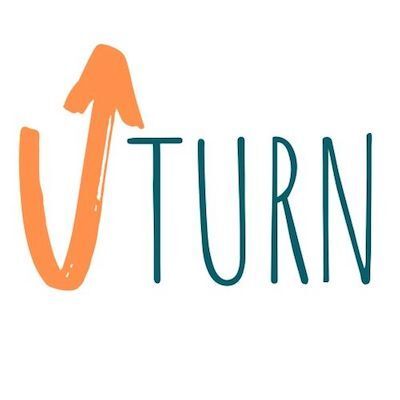The Team Phases of Tuckman provide a general idea of how a group of people grows as they spend time together achieving an objective.
As you bring together a group of people, you may wonder what it is that binds them. This is often a mission, an objective or goal, a common or shared tasks, all the while they are depended on each other.
The moment they start collaborating, they enter the forming phase. Each time a team member leaves or joins, you enter a new forming phase. Whenever the goals, targets or stakeholders change, you enter a new forming phase.
Therefore I consider this phase extremely important in order to make the storming phase less rough and the norming phase more accessible.
